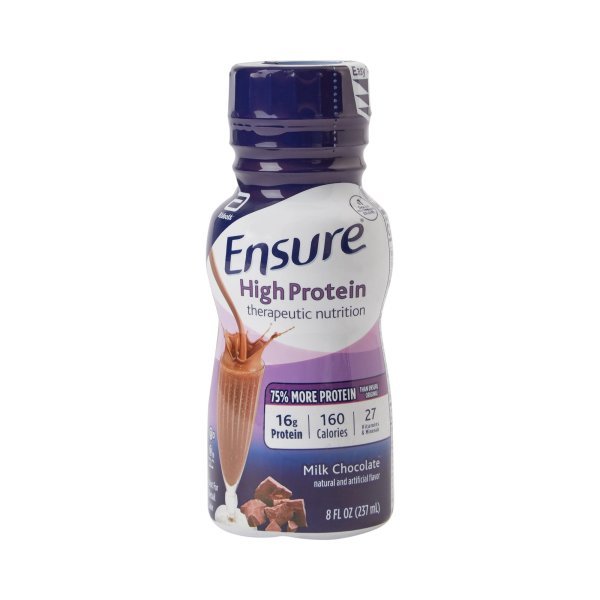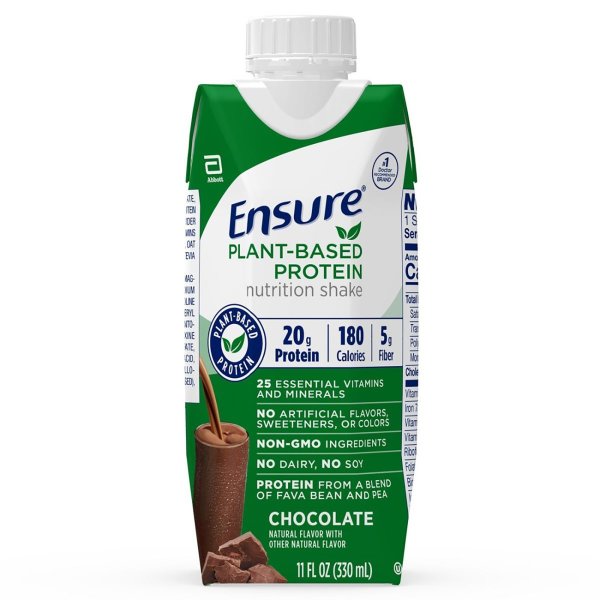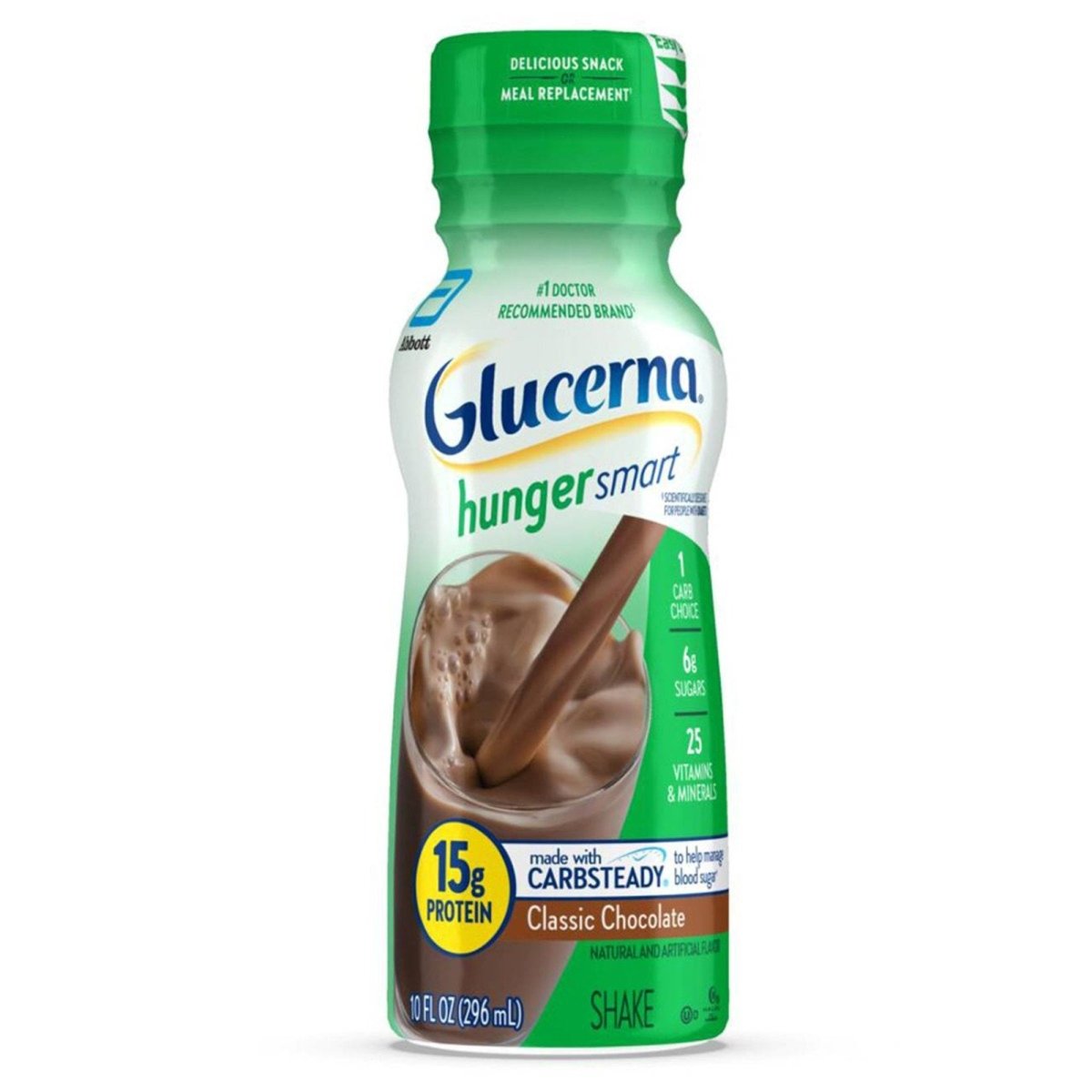Table of Contents
As an older adult, it's important to be aware that falls are a leading cause of injury and death in the United States. With a quarter of older Americans experiencing a fall each year, it's important to take steps to reduce the risk of falling and stay safe as you age.
Surprising to many, however, research has found that eating adequate amounts of protein can help protect older adults from the risks of falling! Studies have confirmed that consuming protein can reduce the effects of aging, all of which can reduce the chances of experiencing a fall.
So, if you're a senior or know a senior who seems to be falling down often, they might need protein! But of course, how exactly does protein help seniors reduce their risk of falling? Let's talk about that! But first, let's talk about the main benefits of protein.
What Are the Main Benefits of Protein?
From the moment we enter the world, protein helps our bodies develop and maintain cells, tissues, bones, and muscles. It also helps us battle illnesses by producing antibodies. As we get older, protein is even more important in that it prevents muscle deterioration. After the age of 40, we can lose up to 8% of our muscle mass each decade, and this rate may even double in individuals over the age of 70. To counteract this, it is necessary to get adequate amounts of protein from a balanced diet.
How Does Protein Help Reduce the Risk of Falls?
Losing muscle can lead to a decrease in strength and balance, which can make you more prone to falls. Thankfully, a recent study suggests that consuming protein can provide protection against this.
In a study published by OBM Geriatrics, researchers looked at how protein intake affects the risk of falling in older adults who have previously fallen. They discovered that people with a low protein intake, meaning less than 0.2 grams of protein per pound of body weight each day, were 13% more likely to experience a fall than those who had higher protein intakes.
Additionally, studies conducted by Abbott have linked not consuming enough protein to an increased chance of premature death in elderly males living in the community.
What's the Recommended Amount of Protein for Older Adults?
As we age, our bodies require more protein than when we were younger. It becomes less efficient at absorbing and utilizing the nutrients we consume, so it's important to pay special attention to the amount of protein in our diet.
That said, older adults need more protein than younger adults in order to stay healthy. New studies recommended that adults over the age of 50 should consume 0.5 grams of protein per pound of body weight on a daily basis, which is higher than the previously accepted standard of 0.3 grams. This additional protein will help to keep them healthier and more active.
Conclusion
And that's all there is to it! As you can see, protein can help you or your seniors reduce the risk of falling, resulting in a much more enjoyable and injury-free life. That being said, if you aren't sure how much protein you should be consuming each day, this protein calculator is a great way to get an estimate. It's always a smart idea to seek advice from your doctor on how to keep your muscles strong, maintain balance and stay healthy as you get older. Combining their recommendations with the tips from this calculator can go a long way toward achieving your wellness goals.
Cart Health is a provider of various health products made easy to find and access for the benefit of the consumer. If you are looking to enjoy Ensure protein shakes to aid in protein consumption, check out what we offer today!












